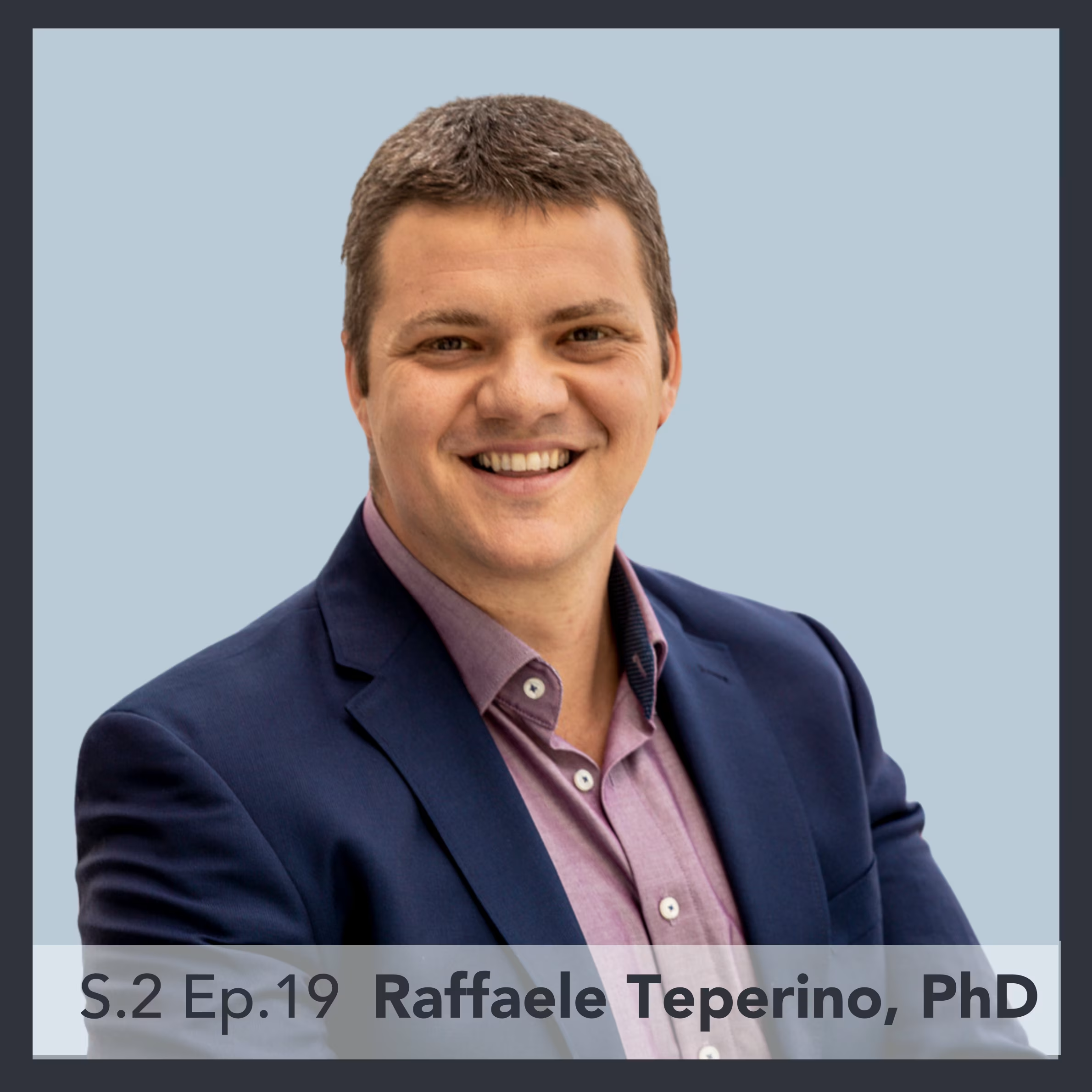In this week’s Everything Epigenetics episode, I speak with Dr. Toinét Cronjé about what epigenetics can do for the field of epidemiology.
Epidemiology is the study of the distribution and determinants of health-related states or events in populations and the application of this study to control health problems. By studying epigenetics and epidemiology in tandem, Dr. Cronjé seeks to understand patterns of diseases in populations, identify risk factors, and develop strategies to prevent or control health issues.
More specifically, Dr. Conjé researches epigenetics in understudied populations including the association between DNA methylation and noncommunicable diseases and how DNA methylation clocks perform in these groups.
By making the most of the data we have available at the moment (from high-income countries) and of opportunities provided to researchers like herself to work at leading universities like the University of Copenhagen, she hopes that we will get closer to finding the tools to ease the burden on the research communities in low and middle income countries (LMICs).
If we can truly start to investigate data from LMICs can you imagine the richness of the information we will unearth?
Many of the questions that we are struggling with will be easier to address if we have more diversity in research data sets (e.g. genetics, cultural, dietary, and environmental), as rich (diverse) data sets allow researchers to see more angles to approach their questions from that they might not have been able to see before.
Dr. Cronjé’s hope is to develop blood-based screening tools for a disease. Only then, when disease screening is accessible to all (e.g. through a blood test instead of intensive and invasive procedures) will we actually know what proportion of populations around the world actually suffer from diseases like these.
Using that as a starting block we can finally proceed to addressing stigma and improving care.
In this podcast you’ll learn about:
– Toinét’s unique background
– OMIC epidemiology
– What epigenetics does for epidemiology
– The importance of biobanks
– What we can tell you about yourself when investigating the epigenome using an archived sample from a biobank
– Why it’s important to research understudied populations
– What we can learn from low and middle income countries
– What the research community is missing out on by not studying these groups
– Noncommunicable diseases (NCDs)
– The association between DNA methylation and NCDs
– The urban-rural divide which provides a unique opportunity to investigate the effect of the combined presence of multiple forms of environmental exposure on DNAm and the related increase in disease risk
– Toinét’s study on “Comparison of DNA methylation clocks in black South African men”
– Epigenetic age acceleration in the cardiometabolic disease among migrant and non-migrant African populations
– An editorial Toinét wrote in late November 2021 titled “Could unlocking methylation-based blood cell counts revolutionize epidemiology?”
– The current challenges in epigenetics that should be addressed in future work
– Toinét’s next epigenetic-based project
Toinét Cronjé is an epidemiologist and postdoctoral researcher at the University of Copenhagen’s Department of Public Health. She completed her doctoral training at the Centre of Excellence for Nutrition at the North-West University in South Africa where she investigated the associations of individual and composite DNA methylation markers with cardio-metabolic disease risk factors in an African population.
Currently, her focus is biomarker discovery in Alzheimer’s disease and related dementias using multi-omic datasets. This work serves her overarching career goal of identifying biomarkers of complex disease risk and progression that are feasible to implement on a global scale.




